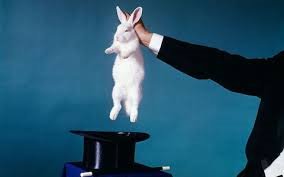Because I was moving through the list quickly, I responded with this:
And hopefully, other people will chime in with their own thoughts.
So ...
The best way to improve your own writing is to read as much as you can from other authors. Not just the great books, either. You can pick up good habits in reaction to bad writing, too.
Historians should read novelists, not just for prose but for plotting and pacing.
Maybe that chapter needs the tension of an upstairs-downstairs plot?
Does this political tale need the grandeur of a heroic battle, or the intimacy of a flawed character study?
This advice will come too late for more advanced scholars, but if you're in college and just starting out -- try your hand at as many different kinds of writing as possible.
Now, I was a *horrible* poet. But I learned a whole lot about word choice, structure, meter, rhyme and rhythm along the way.
I've written this a thousand times on undergrad papers, but it's a lesson that could be learned by some grad students and senior scholars too.
You're trying to persuade readers with your argument, not impress them with your thesaurus.
There are certain terms that are vital to a field, but if they're not readily understood by non-specialists, neither will your argument. Break it down for them.
I knew that if I could craft a history that met his high standards but was accessible and understandable to my mom, then I'd have done it right.
Too often, academics hear their writing as they imagined they wrote it, and not thinking about how it sounds to someone approaching them fresh.
This is why I always tell students to read their work aloud.
I often read work that's a mass of uniform sentences styles and length, but writers have to remember they're not just providing the lyrics of a song, but the music that will accompany it.

It's easy to get overwhelmed by the larger process of writing an article, a dissertation or a book, so think about the big picture first and then focus in on one sentence, then one paragraph, then one section. One at a time.
Some days it flows effortlessly and I can crank out five to ten solid pages.
Some days I struggle over a single sentence, but if I finally get it right, that's enough.
Some days I realize I just have to walk away.
That "write drunk, edit sober" line attributed to Hemingway might be apocryphal, but it has the stress in the right place. Editing and rewriting are the key to the whole thing.









